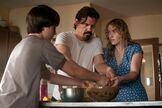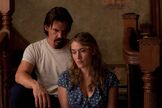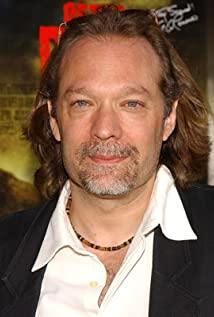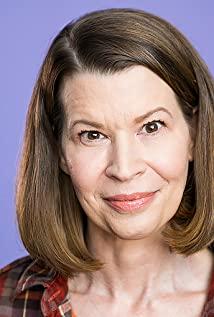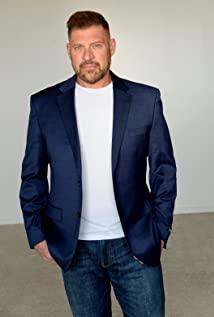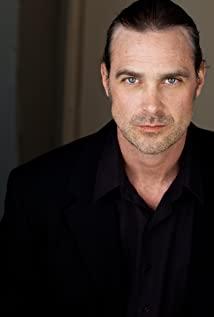-
Miles 2022-01-06 08:02:26
"Labor Day": Love, Never Holiday
Although Labor Day was established to commemorate the Chicago labor movement, Labor Day in the United States is different from ours. It is on the first Monday of September. In this early autumn, the American people will have a day of joy. Fake. However, the family in Jason Reitman's new film "Labor...
-
Otis 2022-03-21 09:02:37
emotional holiday
It is true that the fatal temptation has infinite appeal. And the more beautiful the more dangerous things are, the deeper they are. It was after being tortured by the cycle of fate that he appeared, as if everything was settled, and she waited for him all her life. The son is jealous, the...
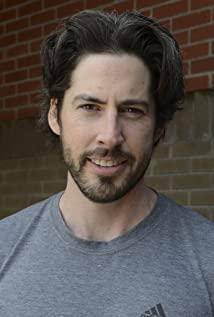
Jason Reitman
Character Evaluation
-
Braeden 2022-03-22 09:02:20
This is a faulty and seriously flawed story. When there are a lot of gangsters, what will happen if you don't call for help. These deliberate settings made the male and female protagonists a pair and staged a touching love story of the mountains and the sky, Nai Gan and Jun Jue, but in the end, I was a little nervous when I saw Kate's expression, this is probably the actor saved Movie now! The first half of the description of the relationship between human beings also has a catch.
-
Zita 2022-04-20 09:02:10
The ending is good, you can rest assured to give five stars. Sometimes things aren't thrilling, just wait. Maybe the waiting is the hardest part. Can love cancel everything? Even if it is a happy father.
Related articles
-
Mandy: You know, drinking from aluminum gives you Alzheimers.
Henry: Is that true?
Mandy: Uh huh. It's the perfect crime, 'cause you can't remember how you got it.
-
Gerald: How about pal? Lacrosse? Soccer, maybe? Probably not football 'til you get a little meat on those bones, huh?
Henry: Actually, I was thinking about signup up for the modern dance group.
Gerald: Well, I'm not sure that would be such a good move.
Marjorie: I know how your mother feels about dancing, but... people might get the wrong idea.
Gerald: They might think that you're...
Richard: They might think that you're gay.
Marjorie: Richie!
Henry: Or they might think that I like girls in tights.


